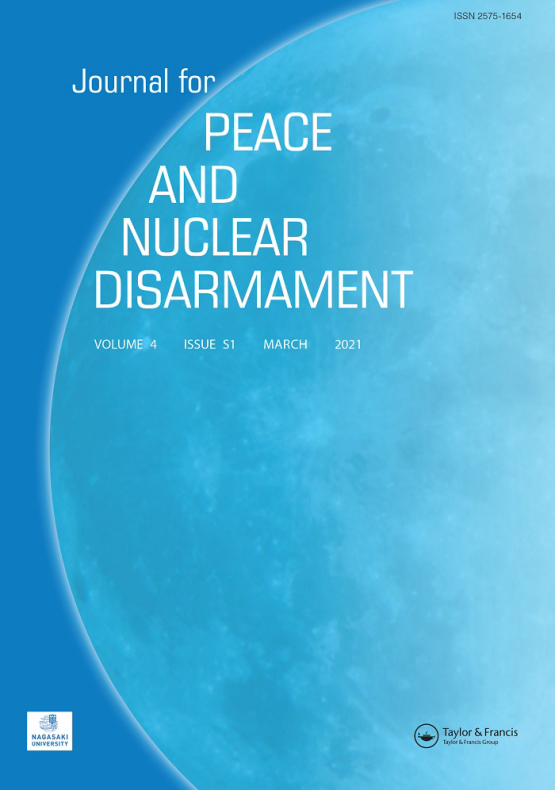Meet the Author:
Michiru Nishida
Michiru Nishida is a Professor at the School of Global Humanities and Social Sciences, Deputy Director of the Research Center for Global Risk at Nagasaki University, and author of Journal for Peace and Nuclear Disarmament. He specialises in arms control, disarmament, and non-proliferation and worked for many years as a diplomat and as a Special Advisor for Arms Control, Disarmament and Non-Proliferation at the Ministry of Foreign Affairs of Japan.
In this insightful Q&A, we dive in deeper about his article “Logic (or Illogic?) of Japan’s Aversion to TPNW and Charting a Path Forward”, as he shares more on Japan’s nuclear policy complexities, emphasizing the need for balanced dialogue and understanding between nuclear-reliant states and disarmament advocates.
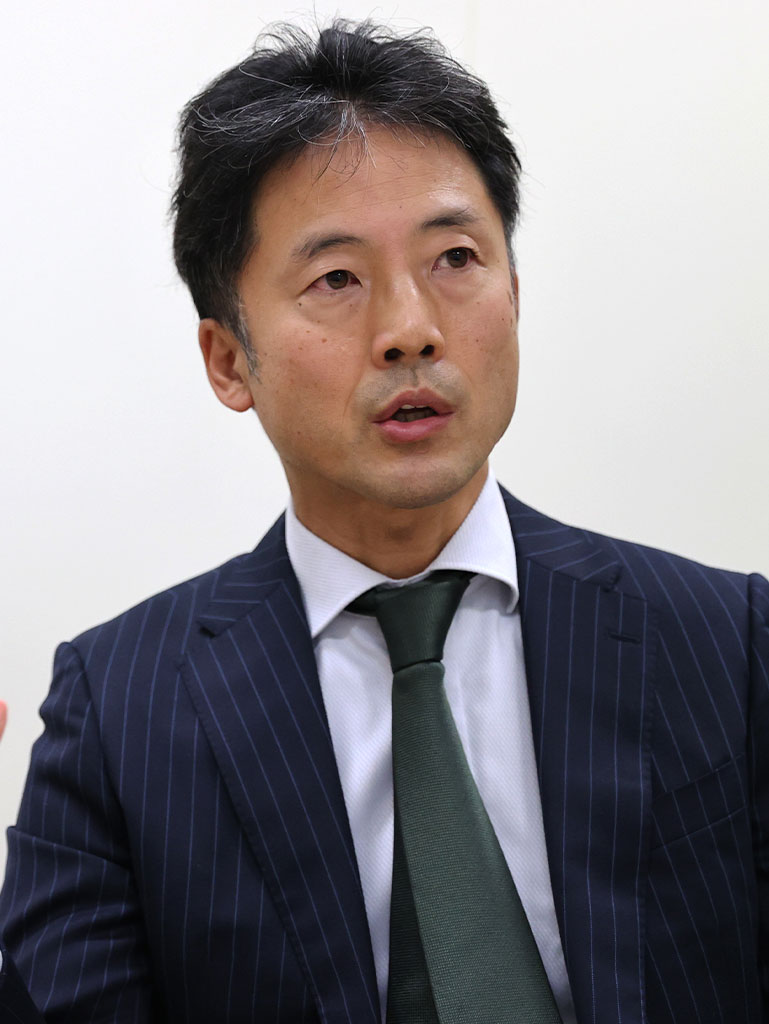
Your article highlights an interesting point on Japan’s dual role in nuclear policy – where it strongly advocates for nuclear disarmament, yet it operates in a security environment shaped by alliances with nuclear-armed states. How does maintaining this complex balance serve its domestic interests and international relations?
Domestically, Japan must make diplomatic efforts toward nuclear abolition based on the will of its people because of its strong public anti-nuclear sentiment as the only country to have experienced atomic bombings during a war. This is also true in the severe security environment in which Japan finds itself. In order to alleviate the severe security environment in which Japan is placed and to make it safe for Japan, it is extremely important to abolish and denuclearize nuclear weapons, especially in the region surrounding Japan. Therefore, Japan’s pursuit of nuclear disarmament is not merely based on domestic interests, but also on security interests.
On the other hand, diplomatic efforts toward regional nuclear abolition and denuclearization, like global nuclear abolition and denuclearization, will not be realized immediately. Pending its realization, the Japanese government must ensure the safety of its citizens in some way against nuclear threats in the region. One such means is nuclear deterrence through an alliance with the United States, a nuclear power, while Japan itself does not possess nuclear weapons.
Even if it is not necessarily logically contradictory for the anti-nuclear sentiment of the Japanese people to be dependent on nuclear weapons (some argue that it is, but I see it as just a difference in timelines), it is certainly emotionally unacceptable. In order to correct this uncomfortable feeling, early achievement of nuclear weapons abolition is highly desirable.
In an era where global disarmament efforts are often marked by deep divisions between nuclear-armed states and disarmament advocates, what role do you see for bridge-building diplomacy? How can countries like Japan play a meaningful part in fostering dialogue across these divides?
Japan can understand the feelings of those who strongly desire nuclear abolition, and at the same time, it can understand those people and countries that feel the need to rely on nuclear weapons for their security. In this sense, Japan can to some extent play a role in bridging the two. However, it needs to be a two-way street. Japan is often labeled as a “nuclear-reliant” country and is often the target of criticism. No matter how much Japan tries to play a bridging role in such a situation, unless Japan completely changes its current policy, it will continue to be the target of blame.
So, it must be two-way. Japan sympathizes with the sentiments of people in countries that do not depend on nuclear weapons and their perspective on global security. At the same time, they also need to understand Japan’s security perspectives and perceptions, and not simply view Japan as an object of condemnation. It is only through such mutual empathy and understanding that Japan can serve as a bridge. No matter how hard one side tries, there is a limit.
On the other hand, the two should not be inherently antagonistic, just as the above situation in Japan is not necessarily contradictory (at least in a long timeline). The latter, those who have to depend on nuclear weapons for their security, also basically wish for nuclear abolition. The problem is that dialogue between countries that depend on nuclear weapons is not progressing well. This is due to historical, political, and cultural rivalries, such as those between the U.S. and Russia, the U.S. and China, and India and Pakistan. Of course, Japan should play a constructive role, but it is also true that there are limits to the role that Japan (or any country, for that matter) can play.
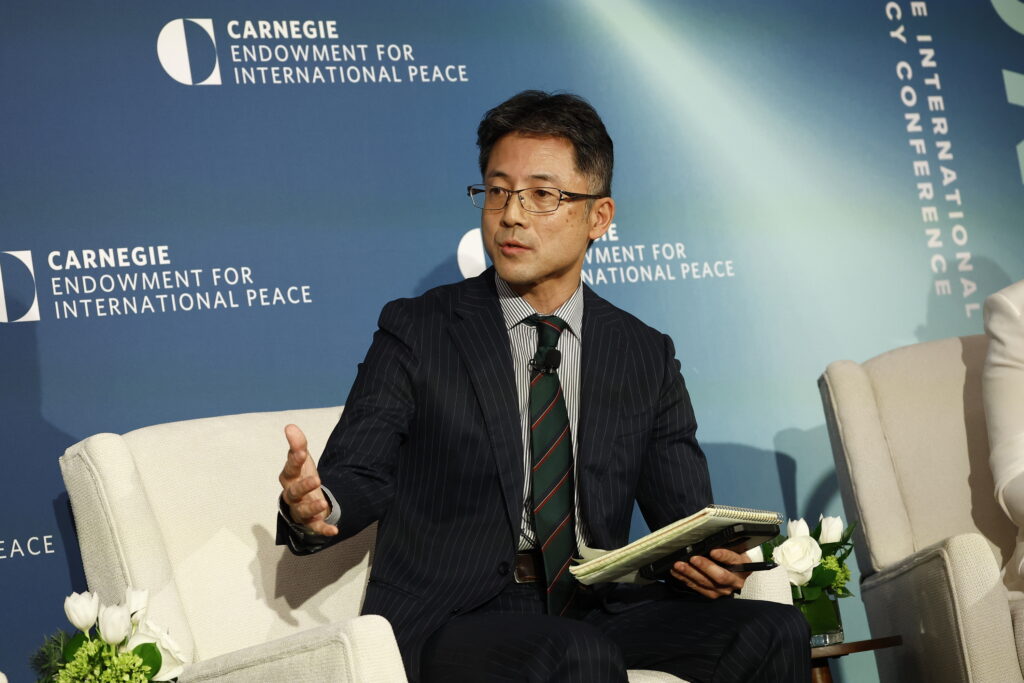
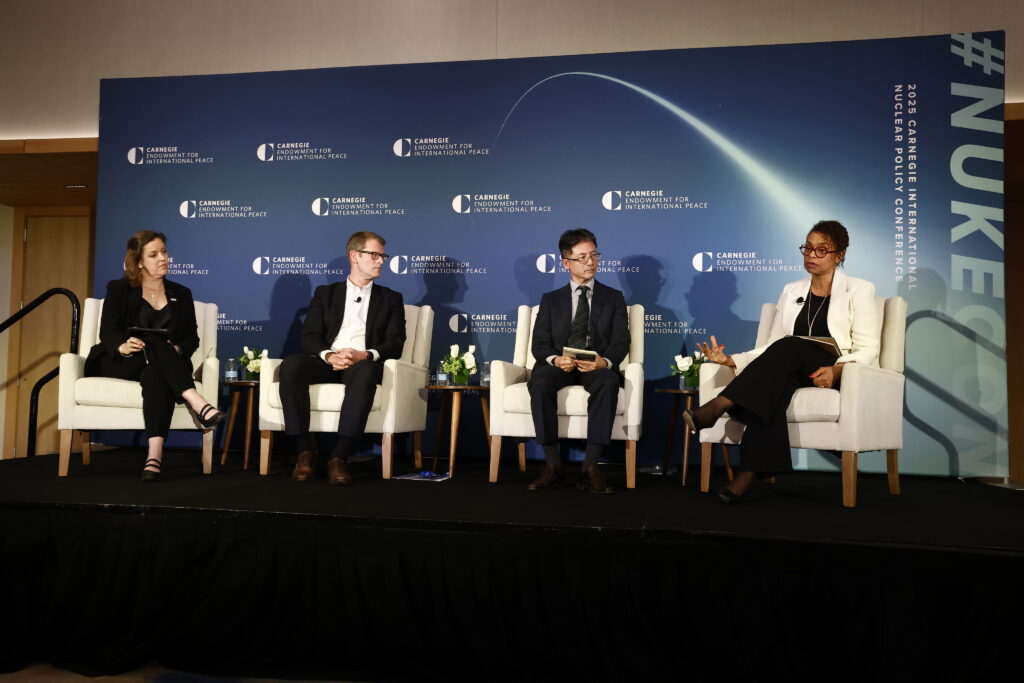
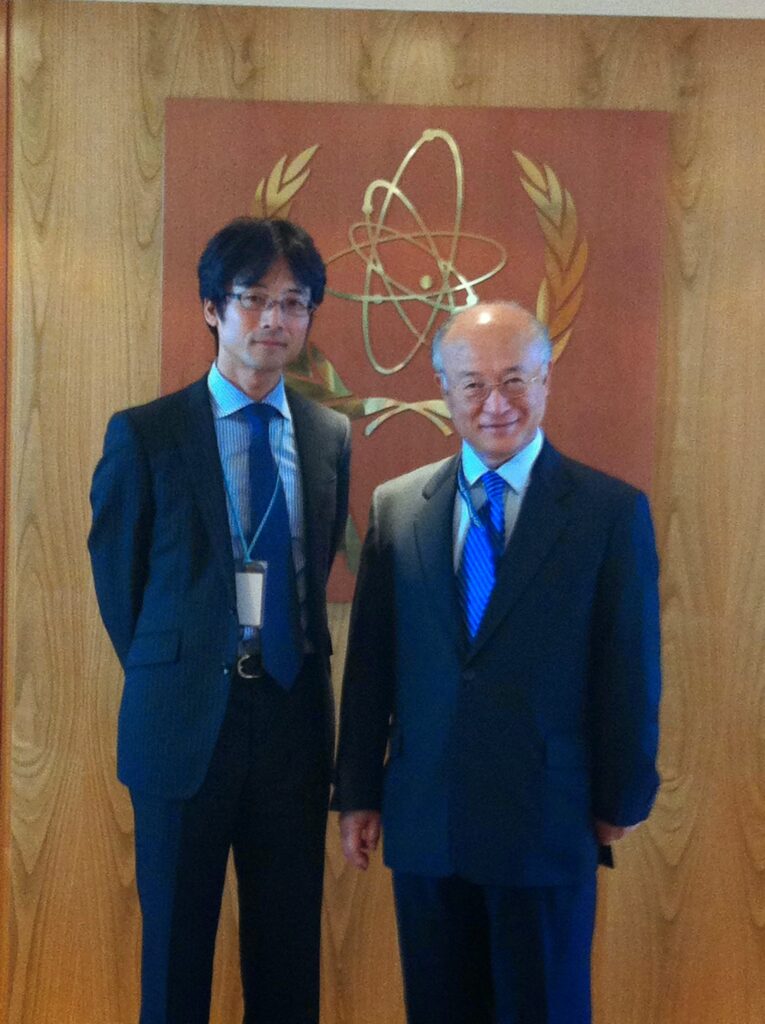
Criticism of Japan’s stance on the Treaty on the Prohibition of Nuclear Weapons (TPNW) can often arise without a full appreciation of its underlying policy context. What motivated you to adopt a more nuanced, explanatory approach in your article, rather than taking an explicitly critical position?
Critical discourse on Japan’s stance and policies abounds, but more nuanced and accurate critiques are rare. I believe this is because there are not enough accurate explanation of Japan’s stance and policies, both in the media and in academia. To this end, I have tried to first provide a fair and accurate description to the extent possible and then present an approach that Japan should take.
In your view, what risks or opportunities come with encouraging more states to engage with the substantive issues of the TPNW informally?
It will increase the likelihood of getting the engagement of countries that do not want to be directly involved in the TPNW. I don’t think there is any particular risk. It is not that the TPNW will be neglected; the TPNW can do what the TPNW can and should do.
Looking ahead, what role do you see for scholars and public policy researchers – especially those working in areas like nuclear disarmament – in shaping not just policy, but public understanding? And how do you see Open Access contributing to that mission?
Even researchers cannot escape subjectivity, but they should play a role in promoting accurate understanding among the public to the extent possible. Open access makes an indispensable contribution to this end.
About the Journal
The main mission of the Journal for Peace and Nuclear Disarmament, edited by the Research Center for Nuclear Weapons Abolition, Nagasaki University (RECNA), is to contribute to furthering nuclear disarmament and peace based on both theoretical and practical studies.
The journal serves as a vehicle to put forward proposals for policies and other ideas that could contribute to nuclear disarmament, including ways of:
Rapidly implementing Article VI of the Nuclear Non-Proliferation Treaty
Promoting the norms fully embodied in the Treaty on the Prohibition of Nuclear Weapons
Creating a new global governance regime for nuclear activities to facilitate the elimination of nuclear weapons


